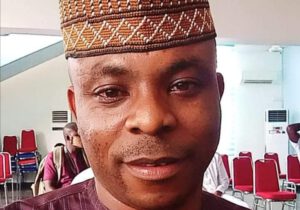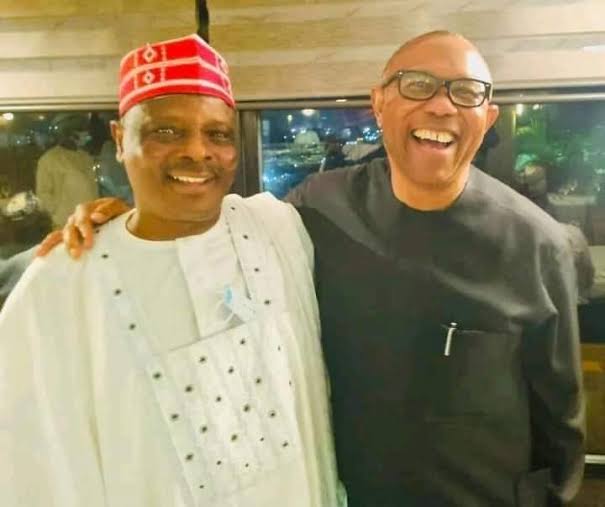By Emmanuel Ogbeche
“MERGING (emphasis mine) with the Labour Party is very significant at this critical moment, especially when you consider the fact that both the APC and PDP and APC presidential candidates did not pick their running mates from the South-East.
“Because of this, if we don’t take someone from that region, it confirms that we won’t have any arrangement for the South-East in both the presidency or vice presidency in the 2023 elections,” the presidential candidate of the New Nigeria Peoples Party, NNPP, Rabiu Kwankwaso, stated on Saturday.
Immediately it was reported by the media, there was an overdrive by those who see Utopia by 2023. A familiar trend. In the build up to the 2015 polls, they were those who could bet with their lives that all the ills of Nigeria will be healed and a new era of prosperity and national inclusion was at hand.
Seven years down the line, majority of those are wringing their hands in regret and anguish. What they had hoped was the ultimate decider of their improved fortune, seems to have taken all from them. One will imagine that expectations will be moderated, but Nigerians are incurable optimists, hence, a new wave of populism that 2023 could just be the year when the Old Brigade of locusts and reapers will be swept aside for a new order of leadership.
It was with this in mind that the possible merger of NNPP and the new revitalized Labour Party was wholeheartedly welcomed without interrogating the facts of law on merger.
The Electoral Act 2022 which is the country’s fourth repeal and re-enactment election legislation since the return to democratic rule in 1999 is one all those interested in the political process should be conversant with.

The Act outlines the fertile ground before which any merger can happen. For the avoidance of doubt, Section 81 of the Electoral Act 2022 which is on merger of political parties’ states:
(1) Any two or more registered political parties may merge on approval by the Commission following a formalrequest presented to the Commission by the political parties for that purpose.
(2) Political parties intending to merge shall each give to the Commission nine months’ notice of their intention to do so before a general election.
(3) The written request for merger shall be sent to the Chairman of the Commission and shall be signed jointly by the National Chairman, Secretary and Treasurer for the time being of the different political parties proposing the merger and shall be
accompanied by –
(a) a special resolution passed by the national convention of each of the political parties proposing to merge, approving the merger;
(b) the proposed full name and acronym, Constitution, manifesto, symbol or logo
of the party together with the addresses of the national office of the party resulting from the merger; and
(c) evidence of payment of administrative fee as may be fixed by the Commission.
(4) On receipt of the request for merger of political parties the Commission shall
consider the request, and if the parties have fulfilled the requirements of the Constitution and this Act, approve the proposed merger and communicate its decision to the parties concerned before the expiration of 60 days from the date of receipt of the formal request:
Provided that where the Commission fails to communicate its decision within 60
days, the parties shall within 14 days thereafter challenge the decision of the Commission at the court and establish by cogent and verifiable reason that they have met all the constitutional requirements for merger.

(5) Where the request for the proposed merger is approved, the Commission shall
withdraw and cancel the certificates of registration of all the political parties opting for the merger and substitute a single certificate of registration in the name of the party resulting from the merger.
I have seen people talk of alliance. The Act is silent on that and the INEC is not beholden to operate outside the legal framework which it derives its powers. So even if Labour and NNPP were to strike a deal, it will not be recognized by the electoral commission and the major challenge is how does the aligned party relay the message to millions of their followers to not vote one of the parties when the ballot certainly has the party on it.
Some have asked what if a party decides not to partake in the polls and writes the commission. Well, that will be a litmus test for the courts as the Electoral Act 2022 has no answer to that as far as I can tell.
• Ogbeche is Chairman, Nigeria Union of Journalists (NUJ), Abuja chapter.